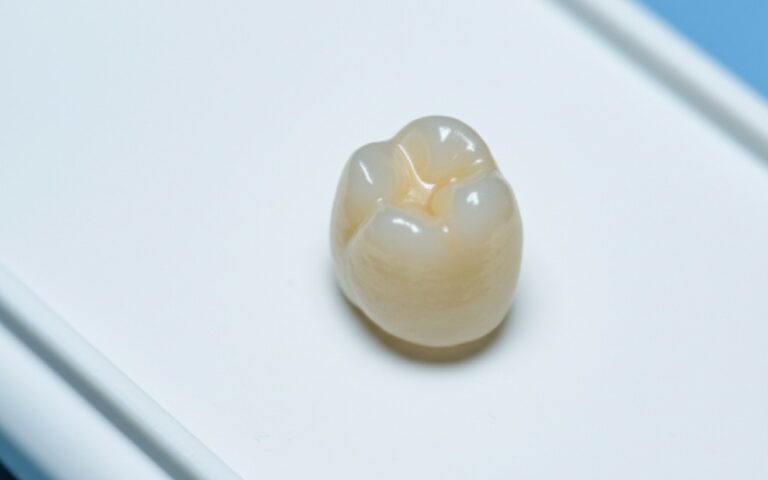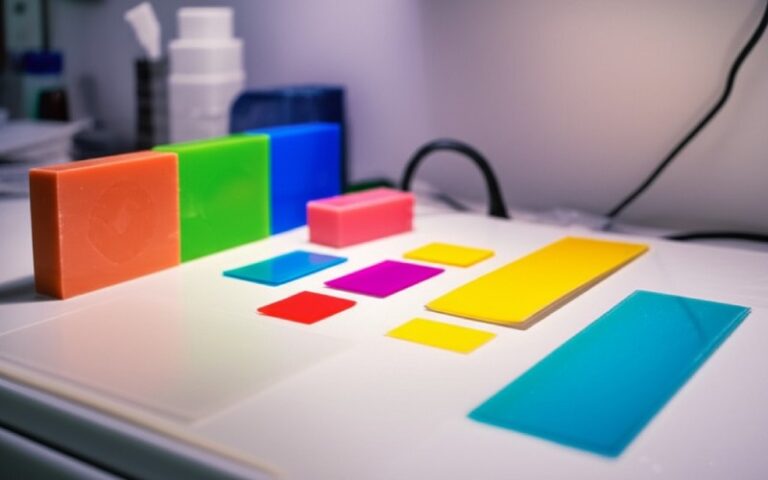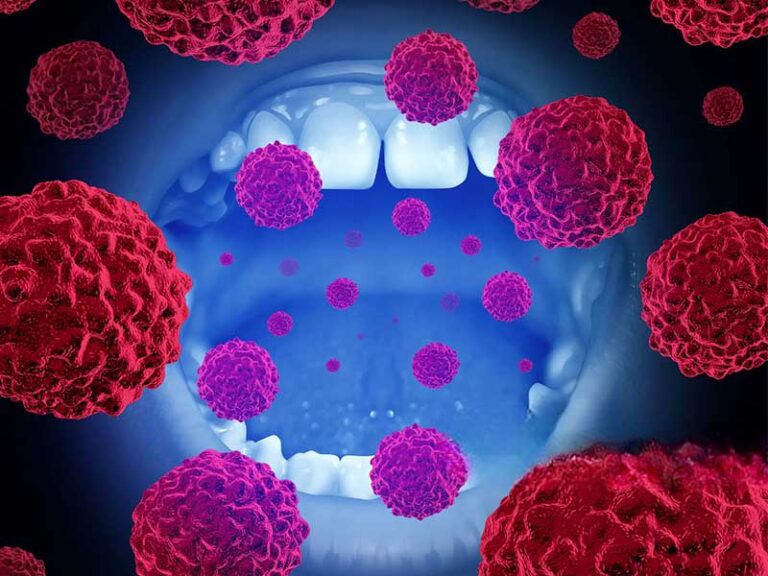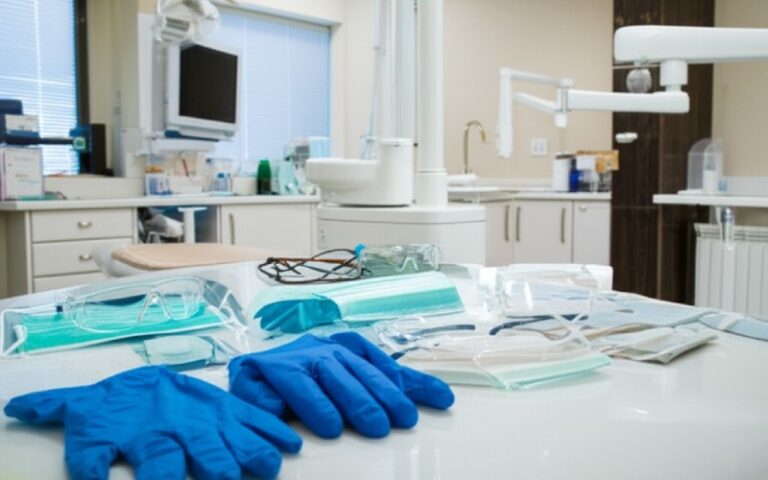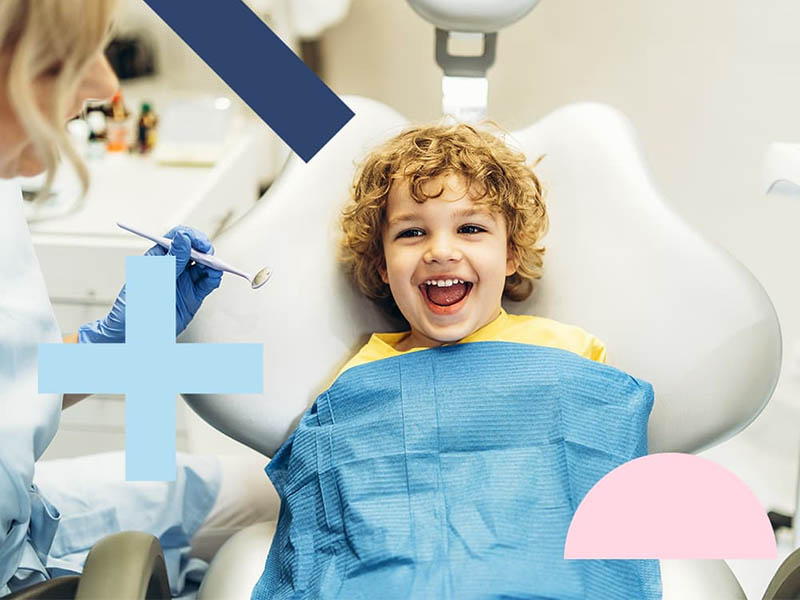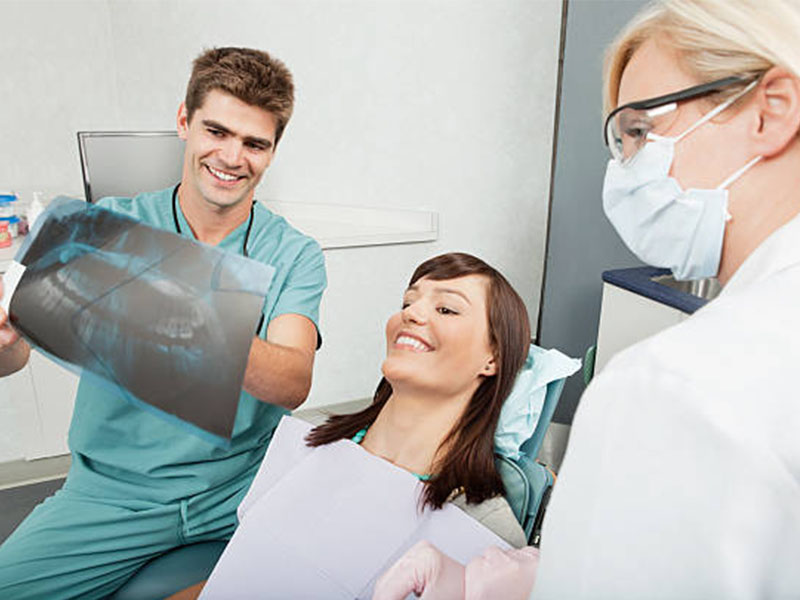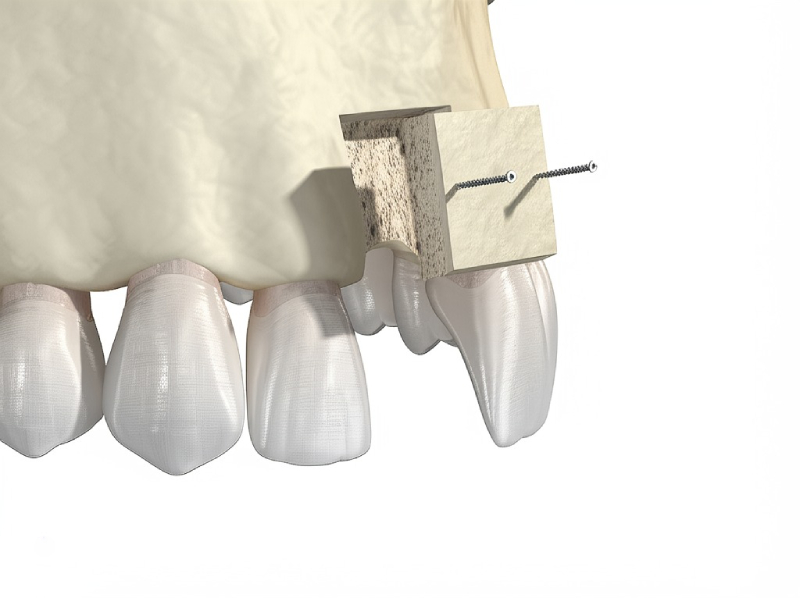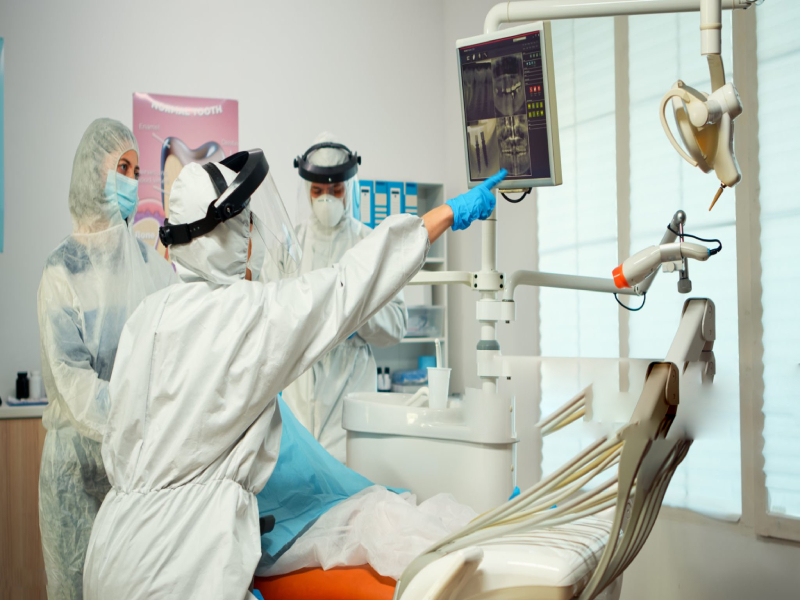
A Simple Guide to Disease Control and Patient Safety in Dentistry: Rules for Healthcare Workers
If you work in a dental clinic, you know keeping everyone safe isn’t easy. Germs and accidents can happen fast—sometimes before you can say “open wide!” This article gives real steps, true stories, and important rules, so dentists and staff can stop problems before they start. Read on to see why keeping these rules isn’t just a good idea—it’s the law. I’ll walk you through what works, what doesn’t, and how your office can become a great example of safety for everyone.
Table of Contents
Introduction: Why Do We Need Strict Disease Control in Dentistry?
Let’s start with an easy question. Why is disease control so important in every dental office? The answer is simple. Your mouth is full of germs. They can spread quickly—from patient to dentist, dentist to helper, and from one patient to the next.
Now think about this: a small mistake. Maybe someone skips washing their hands. Maybe the sterilizer doesn’t run when it should. Right away, that small mistake can lead to big trouble: infections, lawsuits, people getting really sick, and patients losing trust in your clinic.
Look at the facts—the risk is real. We have seen infection outbreaks like the Mycobacterium abscessus case in Georgia, where a lot of kids got sick because of bad water. Or the Oklahoma oral surgery drama—thousands exposed because someone reused needles and didn’t clean tools right. These aren’t just scary stories—they really happened.
So dentists and their teams need to make disease control and patient safety a normal habit. That’s not just smart—it’s also the law, thanks to the CDC, OSHA, ADA, and state rules. This guide will help you build that safety wall and keep it strong, every day.
Who Makes the Rules? Key Groups Governing Dental Infection Control
Problem:
Lots of dental workers know germs are bad but get mixed up about whose rules are the most important. This confusion can lead to risky shortcuts.
So, who’s in charge of dental safety? There’s a whole list:
- Centers for Disease Control and Prevention (CDC): Gives rules for infection control in dental offices and updates on new risks.
- Occupational Safety and Health Administration (OSHA): Makes and checks rules (like the Bloodborne Pathogens Standard) to keep workers safe.
- American Dental Association (ADA): Shares research, helps with classes, and has checklists.
- World Health Organization (WHO): Gives worldwide advice.
- State Dental Boards (like the California rules): Can take away a license if dentists don’t follow rules!
- Environmental Protection Agency (EPA) and Food and Drug Administration (FDA): Set standards for water, trash, and sterilizer machines.
If you aren’t sure what to do, trust these names. Their advice is backed up by science and law—not just “good ideas.” Always keep their new updates handy.
What Are Standard Precautions, and Why Do They Matter?
Some dental staff think germs only jump from sick people. This mistake leads to unsafe shortcuts
Germs don’t always wave a sign saying, “Look, I’m contagious!” Someone with no fever, no cough, and no sores can still pass viruses like Hepatitis B or even COVID-19.
We follow standard precautions—the golden rules we use with every patient, every time. The CDC says they’re the “universal basics for all patient care.”
Here’s the easy list:
- Hand hygiene: Wash or use alcohol rub before and after touching patients, gloves, or dirty things.
- Personal Protective Equipment (PPE): Put on gloves, masks, goggles, and gowns when needed.
- Sharps safety: Be careful with needles and blades; throw them away in special boxes, right away.
- Safe injections: Never reuse needles or vials.
- Clean tools and devices: Clean and sterilize every tool before you reuse it.
- Surface cleaning and disinfecting: Wipe down or cover any surface that gets touched or sprayed.
Why do these matter? Since dentists started using standard precautions, no patients in the U.S. have gotten Hepatitis B from a dental office! That shows these things work.
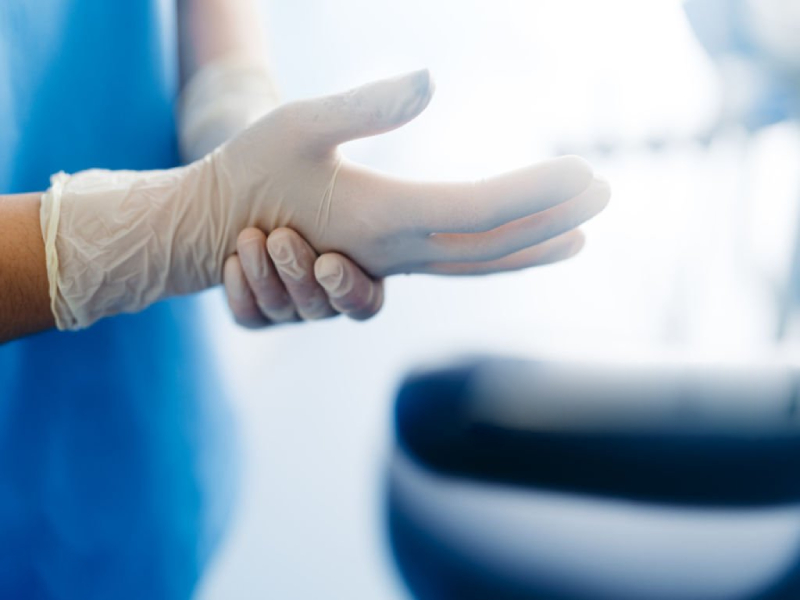
When Should Dental Staff Use Transmission-Based Precautions?
Standard precautions aren’t always enough. What about when a patient has the flu or another bug that spreads easily?
Think about it: a patient comes in with a cough, fever, and a rash you know means bad news. If you don’t do things differently, the next patient or even your coworker might get sick.
That’s why we have transmission-based precautions. There are three main types:
- Contact precautions (for germs that spread by touch, like MRSA): Wear gloves, gown, and clean their room really well.
- Droplet precautions (for germs from sneezes and coughs, like the flu): Wear masks, keep people apart.
- Airborne precautions (for things like TB): Use N95 masks and special rooms if you can.
Use these whenever you know or really think someone has a certain infection. Always check the CDC rules, and ask if you’re unsure.
How Does Hand Hygiene Keep Patients and Staff Safe?
Dirty hands are the number one way germs move around a dental office. A lot of people forget or rush this step.
Studies show that hand cleaning in health care can be as low as 40% if nobody is watching. That’s like flipping a coin with patient safety—or your own.
Hand cleaning isn’t just “wash if you see dirt.” It’s a must-do, every time:
- Use alcohol-based hand rub (ABHR) for most jobs. It’s quick, safe, and better at killing germs than soap.
- Wash with soap and water if you can see dirt or after caring for some infections (like norovirus).
- Do it: Before and after seeing each patient, after you take off gloves, after touching stuff, before eating, after using the bathroom.
Keeping hands clean seems simple, but it’s huge. Put ABHR at every work spot to help staff build the habit. Some dental offices even use hand hygiene checklists and feedback to make sure no one misses this step.
Why Is Personal Protective Equipment (PPE) Essential in Dentistry?
Splashes, sprays, sharp pokes—a dental office has lots of ways for germs to hit your face or skin.
One careless move (like touching your own face with a gloved hand or using a mask again) can really hurt. Think about airborne stuff like COVID-19, or blood flying if a tool slips.
Personal Protective Equipment (PPE) is the armor every dental worker needs. That means:
- Gloves: Switch between patients or if they rip.
- Masks: Use regular masks for normal care, but N95 masks for jobs with a lot of spray.
- Goggles/Face Shields: To stop splashes.
- Gowns: When splashes or body fluids might happen.
Putting on and taking off PPE in the right order keeps you safer. Follow the steps posted in your office, and never reuse single-use PPE. Using PPE the right way is a must.
How Can Sharps Cause Harm, and What Stops Injuries?
Dental tools are sharp. Needles, scalpels, and burs can poke or cut in a second. Every year, someone working in a dental office gets poked—sometimes bringing them Hepatitis B, C, or HIV.
Picture sticking yourself with a used needle right after treating a patient. The worry hits fast: “Did I just get sick?” The answer depends on how you follow safety steps.
Here’s how you stop these accidents:
- Engineering Controls: Always toss sharps in the right containers. Never fill them too full. Use safer needles when you can.
- Work Practice Controls: Use the one-handed needle recapping—not two hands. Never pass sharp stuff from hand to hand.
- Post-Exposure Steps: If you get poked, act fast—wash up, tell your boss, then get the right tests and maybe medicine to stop a new infection.
Places that enforce these steps have fewer sharp injuries. Make reporting easy and blame-free so people feel safe to speak up.
What Is Instrument Reprocessing—and Why Should I Care?
Would you eat off a fork that wasn’t washed? Of course not! But sometimes dental instruments get missed or cleaned wrongly, risking infection.
Here’s something that should scare you: In a CDC check, up to 30% of dental offices weren’t doing their weekly spore tests for sterilizers. That’s gambling with patient safety.
Instrument cleaning and sterilizing is based on science, not guesses. It means these steps:
- Cleaning: Scrub off dirt and blood with an ultrasonic cleaner first.
- Rinse and Dry: Rinse well and dry before wrapping. Wet packs won’t sterilize!
- Pack: Use wraps, cassettes, or pouches with chemical markers inside and out.
- Sterilize: Steam, dry heat, or chemicals—each load must run for the right time and heat.
- Testing: Run a spore test at least once a week—to prove things are really clean.
Don’t cut corners. Keep up with sterilizer care. This is one area where following the rules really saves lives.
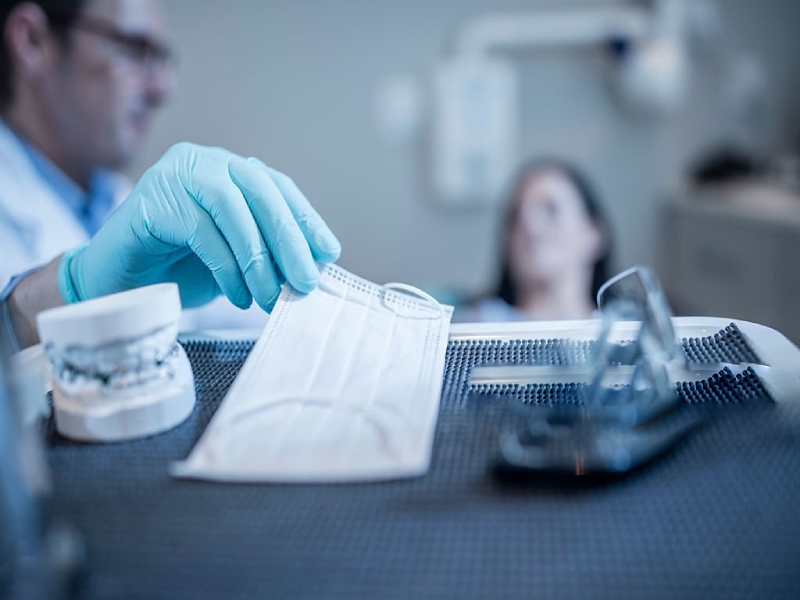
How Should We Control Infection on Surfaces and in the Air?
Dental chairs, handles, X-ray switches—if you touch it or it gets splashed, you can spread germs that way. Drills and polishers can spray germs into the air.
Some outbreaks started because surfaces didn’t get wiped down—or because the air inside rooms was full of tiny floating germs.
Office cleaning covers both surfaces and air.
For surfaces:
- Cover with barriers (like plastic covers) or use EPA-approved cleaners on contact surfaces after each patient.
- Clean housekeeping surfaces (floors, walls) every day.
For air:
- Lower spray with high-volume suction.
- Ask patients to rinse before you start.
- Use a dental dam for some procedures.
These habits don’t just keep things clean—they keep people safe.
What’s the Story With Dental Waterlines and Biofilm?
Would you drink dirty water? Of course not. But the water lines in dental chairs can get slimy with biofilm—a perfect hangout for bugs like Legionella and Mycobacterium.
Remember in 2015 when lots of kids in Georgia got infections after a dental office’s water lines got slimy? A scary time, but easy to stop.
Use these water safety steps:
- Flush waterlines each morning and between patients.
- Use treated water or bottled water if you need to.
- Use cleaning chemicals (“shock”) on a set schedule.
- Test water for germs. Keep results below 500 CFU/mL (that’s the EPA’s level for drinking water).
Don’t just guess about water safety. Use special waterline cleaners and testers from companies like A-dec, Midmark, or Dentsply Sirona. Doing this work now keeps you from a disaster later.
Beyond Germs: Are Medication, X-Rays, and Emergencies Safe?
Germs aren’t the only danger: the wrong drug, too much X-ray, or a slow emergency response can hurt patients, too.
The wrong medicine or too much X-ray? That leads to trouble. And if a patient faints or stops breathing, slow help turns a scare into a crisis.
- Medicine & Numbing Safety:
- Check the Five Rights: right person, drug, amount, way, and time.
- Never use one bottle of medicine for different people.
- Keep medicine safe, and check dates.
- X-ray Safety & the ALARA Rule:
- Keep it “As Low As Reasonably Achievable.”
- Use digital X-rays, cover people with lead aprons and neck collars.
- Keep good equipment (like Planmeca, Vatech America) in shape.
- Medical Problems:
- Have an emergency kit, oxygen, and AED that’s ready to use.
- Train the whole team in Basic Life Support using AHA standards. Practice drills!
Good habits here are more than comfort—they save lives and keep your office open.
How Do We Build a Lasting Culture of Safety?
If only one person cares about safety, everyone else can drop the ball. Many dental offices don’t train enough or don’t check if safety steps are really used.
Sloppy habits, skipped trainings, and hidden mistakes bring harm. Not doing what OSHA or CDC says can also lead to big fines or lawsuits.
Make safety the star of your show:
- Pick one infection control coordinator—that’s the person keeping the team on track.
- Have yearly OSHA bloodborne germs training for all staff.
- Use checklists and checkups to see if everyone is following the rules.
- Fix problems quickly: report them, look into them, and learn so mistakes don’t repeat.
- Store and use Safety Data Sheets (SDS) for all chemicals as the Hazard Communication Rule says.
A strong safety culture means everyone can speak up, ask questions, and get better. Your office stays healthy, trusted, and open.
Conclusion: What’s the Takeaway From All This?
Dental disease control and patient safety aren’t just things to check off a list. They’re part of the job, built on rules, real risks, and real people. The cost of a mistake can be huge—lost trust, closed clinics, sick staff, or worse.
But if you follow the right steps every time, you give each patient and coworker peace of mind. Do these things like your job depends on it—because it does!
Key Facts and Figures
| Area | Fact | Source |
|---|---|---|
| Sharp injuries | 1.4–3.9 a year per worker; mostly after use | JADA, CDC |
| Waterline infections | 2015 Mycobacterium hit dozens of kids | CDC MMWR |
| HBV spread | No US dentist-to-patient cases since 1993 | CDC |
| Hand cleaning | Only 40% do it right when no one’s watching | WHO, AJIC |
| Sterilizer problems | 30% skipped weekly spore tests | J. Dental Hygiene |
| OSHA mistakes | Most-cited: Blood germ rules, Hazard rules | OSHA |
Most Important Things to Remember
- Germs don’t wait: Use standard and special rules every time.
- Wash hands often: Use alcohol rub or soap and water.
- Wear your gear right: Gloves, mask, glasses, gown—don’t skip.
- Sharps are dangerous: Toss them fast, use safer tools.
- Clean the right way: Wrap, wash, autoclave, and check machines.
- Surfaces & air count: Cover, clean, and control spray.
- Watch the water: Treat and test waterlines to stop slime.
- Medicine, X-rays, emergencies: Step carefully, check your plan.
- Train and check: Use lists, training, and one safety boss.
- Follow the law: CDC, OSHA, ADA, EPA, FDA, and your dental board.
- Safety culture saves lives: Make it your office’s heartbeat.
FAQ
Q: Why are there so many rules for infection control in dentistry?
A: Because germs can hurt patients and staff every day. Strict rules made by smart people keep big health and legal problems away.
Q: Do we really have to check waterlines all the time?
A: Yep. Bacteria like to grow in waterlines, and skipping tests or treatments has caused real outbreaks.
Q: Is a mask enough protection for every dental job?
A: No. Some jobs just need a simple mask; some need an N95. Always check CDC and your clinic’s rules.
Q: What does “standard precautions” really mean?
A: Treat every patient and thing you touch like it could have germs—even if nothing looks or feels wrong.
Q: Who should be the infection control boss?
A: Someone trained, careful, and who’s good at reminders—often a dental hygienist or office manager.
Stay safe, be smart, and keep smiling—because every step you take matters for disease control and patient safety in dentistry.
References:
- CDC, Guidelines for Infection Control in Dental Offices—2003
- OSHA: 29 CFR 1910.1030
- American Dental Association (ADA)
- CDC Morbidity and Mortality Weekly Report (MMWR)
- JADA
- American Journal of Infection Control
- WHO
- The Journal of Dental Hygiene
- Oklahoma Department of Health
- California Dental Practice Act

